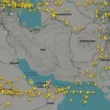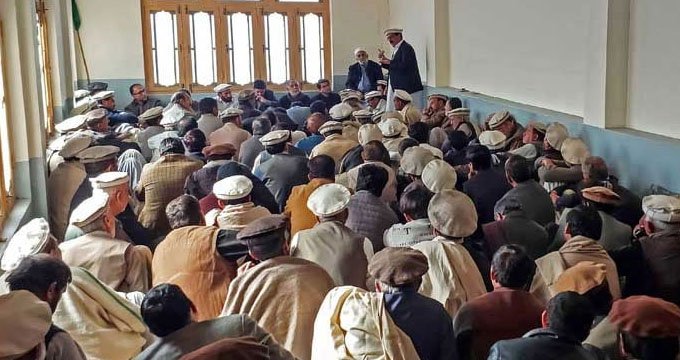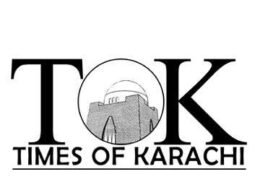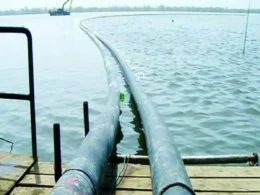The Grand Peace Jirga in Kohat is underway after being postponed due to a deadlock between the warring tribal groups over the surrender of heavy weapons, as per media reports.
According to media, the negotiations, supervised by Major General Zulfiqar Bhatti of the 9 Division, have been ongoing for two months at Kohat Fort, with key officials such as Kohat Commissioner Mutasim Billah Shah, DIG Abbas Majeed Marwat, and the deputy commissioners of Kohat, Hangu, and Kurram involved.
The Kurram district has suffered due to escalating tribal clashes, resulting in over 130 fatalities since November 2024.
Despite multiple ceasefires over the past year, the conflict remains unresolved as elders from both sides attempt to negotiate a lasting peace agreement.
Media reports claimed that over 100 children may have died due to a severe medicine shortage, although the Khyber Pakhtunkhwa (KP) government spokesperson Barrister Muhammad Ali Saif has denied these claims.
The humanitarian crisis has been worsened by the closure of the main highway connecting Parachinar to Peshawar, causing shortages of essential supplies like medicine and oxygen for the patients.
In response to the ongoing crisis, the KP government has declared Kurram a “disaster-hit” area. Medical supplies are being airlifted and people in critical need have been evacuated.
READ: Karachi Faces Severe Traffic Jams as MWM Protests Block Key Roads
KP Health Adviser Ihtisham Ali asserted that medicines were being consistently supplied to health centres in Kurram and over 16,000 patients have been treated at Parachinar District Headquarters Hospital since December 13.
He assured that the supply of medicines would continue until road access is fully restored.
Protests, including a sit-in at the Parachinar Press Club and road closures, have spread to Karachi, where demonstrations have caused major traffic disruptions for three days.
The Majlis Wahdat-e-Muslimeen (MWM) is leading protests at over 10 locations across the metropolis.
Efforts to restore peace continue with the involvement of the Pakistan Army and tribal elders, such as Pir Haider, Haji Noor Jaf, and Inayat Hussain Turi.
Meanwhile, the media reports suggests that a key issue – surrender of weapons – remains, delaying the reopening of roads.
Barrister Muhammad Ali Saif, the KP government’s spokesperson, has indicated progress, with tribal elders reportedly signing the agreement, though the final signatures are expected today.
Once the agreement is finalized, the Kohat-Parachinar Road is expected to be declared safe for travel, bringing some relief to the affected area.
Religious scholar Allama Syed Shahenshah Hussain Naqvi is expected to join the jirga in Kohat today to meet with displaced individuals from Kurram and participate in the peace talks.











